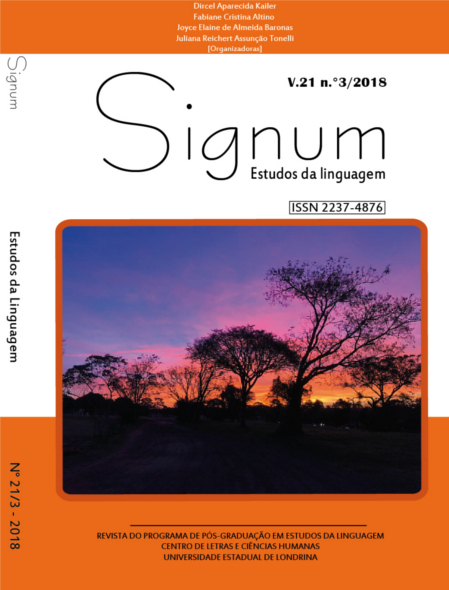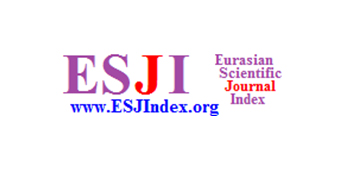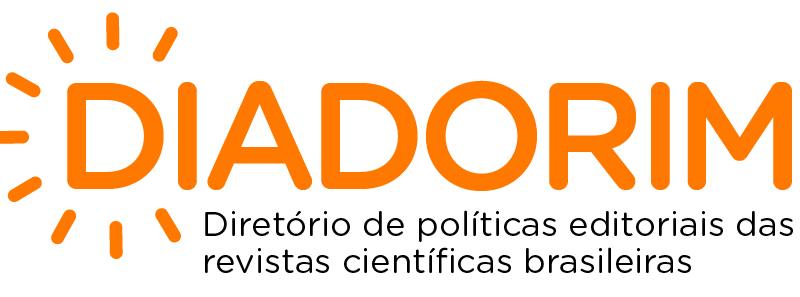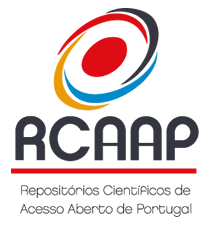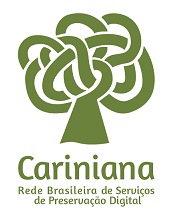Ensaio: da história às características do gênero na esfera literária
DOI:
https://doi.org/10.5433/2237-4876.2018v21n3p288Palavras-chave:
Gêneros Discursivos, Ensaio Literário, CategorizaçãoResumo
O gênero ensaio corresponde a uma modalidade discursiva com contornos maleáveis que pode circular em diferenciadas esferas da comunicação humana. No domínio literário, o ensaio combina conceitos e juízos, figuras e metáforas, críticas e análises. Trata-se de uma reflexão discursiva, cultivada por um processo de subjetivação artística cujo produto resulta em profunda contemplação de um tema e/ou análise de uma obra, período, estilo. Não obstante seja reconhecido como gênero argumentativo, ao ensaio como produção literária não se destinam maiores e mais detalhados estudos quanto às suas características. Dessa forma, a presente abordagem, propõe-se a apresentar uma categorização para o gênero, ancorada na perspectiva baktiniana de gêneros discursivos, ao observar as marcas linguístico-enunciativas, condições de produção, conteúdo temático e construção composicional. Para empreender a compilação de corpus para análise, deriva-se, metodologicamente, das seguintes etapas: i) investigação de textos-enunciados/obras que se intitulassem ensaio (s) e/ou abordassem o enunciado ensaio; ii) diagnóstico e apreciação do material; iii) seleção e estudo de textos representativos do gênero; iv) organização das características do ensaio na esfera literária. Nessa perspectiva, discorre-se sobre a genealogia do ensaio e apresenta-se uma organização para as regularidades e instabilidades do gênero a partir dos textos-enunciados analisados.Downloads
Referências
ADORNO, Theodor W. O ensaio como forma. In: ADORNO, Theodor W. Notas de Literatura. Tradução e apresentação de Jorge M. B. de Almeida. São Paulo: Duas Cidades; Ed. 34, 2008, 2ª. reimpressão.
ÁVILA, Yildret Del Carmen Rodríguez. El ensayo académico: algunos apuntos para sustudio. Sapiens: Revista Universitária de Investigación. Caracas, Venezuela, Ano 8, n. 1, 147-159, junio, 2007. Disponível em:<http://redalyc.uaemex.mx/redalyc/pdf/410 /41080110.pdf>. Acesso em: 09 abr. 2010.
BRASIL. Secretaria de Educação Fundamental. Parâmetros Curriculares Nacionais: terceiro e quarto ciclos do ensino fundamental: introdução aos parâmetros curriculares nacionais. Brasília: MEC/SEF, 1998.BRASIL. Parâmetros Curriculares Nacionais: língua portuguesa: primeiro e segundo ciclos. Brasília: MEC/SEF, 1997.
______. Parâmetros Curriculares Nacionais: língua portuguesa: terceiro e quarto ciclos. Brasília: MEC/SEF, 1998.
CANDIDO, Antonio. Literatura e Sociedade: estudos de teoria e história literária. 6ª Ed. São Paulo: Ed. Nacional, 1980.
CRUZ, María Elena Arenas. Hacia uma teoria general del ensayo: Construcción del texto ensayístico. Cuenca: Ediciones de la Universid de Castilla - La manha, 1997.
GAIO, André Moysés. Modernismo e Ensaio Histórico. São Paulo: Cortez, 2004.
GALÁN, Pedro Cerezo. El espíritu del ensayo. In: GALÁN, Pedro Cerezo et. aL. El ensayo: entre la filosofia y la literatura. Editorial Comares, Granada, 2002, p. 1 - 32.
GERALDO, José. Ensaios literários. Thesaurus, Brasília, 2005.
GUAL, García. Ensayando el ensayo: Plutarco como precursor. In: Revista de Occidente, n. 116, 1991, p. 25-26.
GUERINI, Andréia. A teoria do ensaio: reflexões sobre uma ausência. In: Anuário de Literatura 8. 2000. p. 11-27.
HARO, Pedro Aullón de. Teoría Del Ensayo. 2ed. Madrid: Editorial Verbum, 1992.
LEMINSKI, Paulo. Ensaios e anseios crípticos. 2 ed. ampliada. Campinas, SP: Editora da Unicamp, 2012.
LIMA, Sílvio. Ensaio sobre a essência do ensaio. 2 ed. Armênio Amado Editor, Suc. - Coimbra, 1964.
MARTÍNEZ, Gustavo Bueno. Sobre el concepto de ensayo. In: El Padre Feijóo y susiglo. Ponencias y comunicaciones presentadas AL Simposio celebrado em la Universidade de Oviedo del 28 de septiembre AL 5 de octubre de 1964. Oviedo 1966, tomo 1, páginas 89-112. Acesso em 23 mai 2013. Disponível em: http://www.filosofia.org/aut/gbm/1964ensa.htm
MEYER, Augusto. Ensaios escolhidos. Seleção e prefácio de Alberto da Costa e Silva. 3 ed. Rio de Janeiro: José Olympio, 2009.
MOISÉS, Massaud. O Ensaio. In: MOISÉS, Massaud. A Criação Literária: Prosa II. 20ª ed. São Paulo: Cultrix, 2007, p.69 -100.
MONTAIGNE, Michel Eyquem de. Ensaios. Tradução de Sérgio Milliet. 2 ed. São Paulo: Abril Cultural, 1980. Coleção Os Pensadores.
PARANÁ. Diretrizes Curriculares da Educação Básica - Língua Portuguesa. Curitiba: SEED/DEB, 2008.
PERFEITO, Alba Maria. Concepções de Linguagem, Teorias Subjacentes e Ensino de Língua Portuguesa. In: Concepções de linguagem e Ensino de Língua Portuguesa. (Formação de professores EAD 18). V. 1, Ed. 1. Maringá: EDUEM, 2005, p. 27-75.
PORTELLA, Eduardo M. O ensaio. Conferência disponibilizada no sítio da Academia Brasileira de Letras, 2000. Disponível em: <http://www.academia.org.br/abl/cgi/cgilua.exe/sys/start.htm?infoid=4268&sid=531>. Acesso em 27 out. 2013.
ROJO, Roxane. Gêneros do discurso e gêneros textuais: questões teóricas e aplicadas. In: MEURER, J. L.; BONINI, A.; MOTTA-ROTH, D. (Org.).Gêneros: teorias, métodos, debates. São Paulo: Parábola, 2005. p. 184-293.
SARAIVA, António; LOPES, Óscar. História da Literatura Portuguesa. 12ª. Ed. Porto Editora, 1997.
SOARES, Angelica. Gêneros Literários. 6ª. Ed. São Paulo: Ática, 2006.
TODOROV. Tzvetan. Os gêneros do discurso. Tradução Elisa Angotti Kossovich. São Paulo: Martins Fontes, 1980.
Downloads
Publicado
Como Citar
Edição
Seção
Licença
Copyright (c) 2019 Signum: Estudos da Linguagem

Este trabalho está licenciado sob uma licença Creative Commons Attribution-NonCommercial-NoDerivatives 4.0 International License.
Signum: Estudos da linguagem, publica seus artigos licenciados sob a Licença Atribuição-NãoComercial-CompartilhaIgual 4.0 Internacional. Esta licença permite que terceiros façam download e compartilhem os trabalhos em qualquer meio ou formato, desde que atribuam o devido crédito de autoria, mas sem que possam alterá-los de nenhuma forma ou utilizá-los para fins comerciais. Se você remixar, transformar ou desenvolver o material, não poderá distribuir o material modificado.
